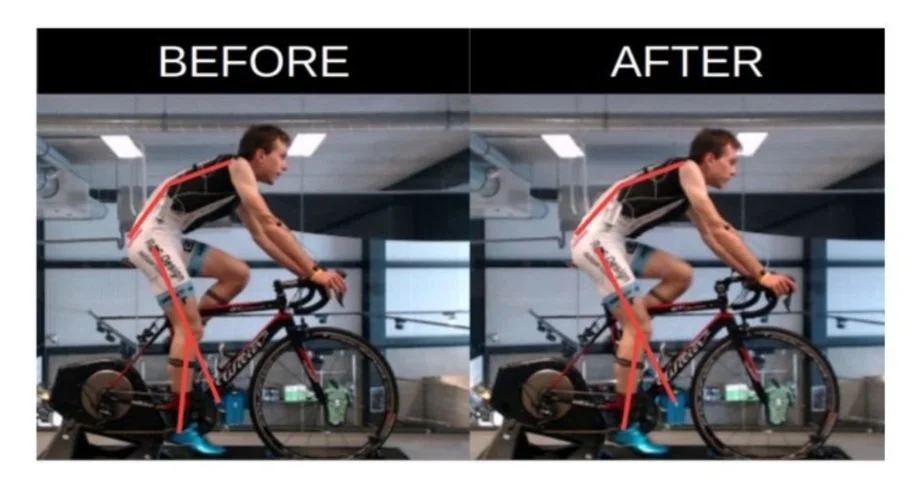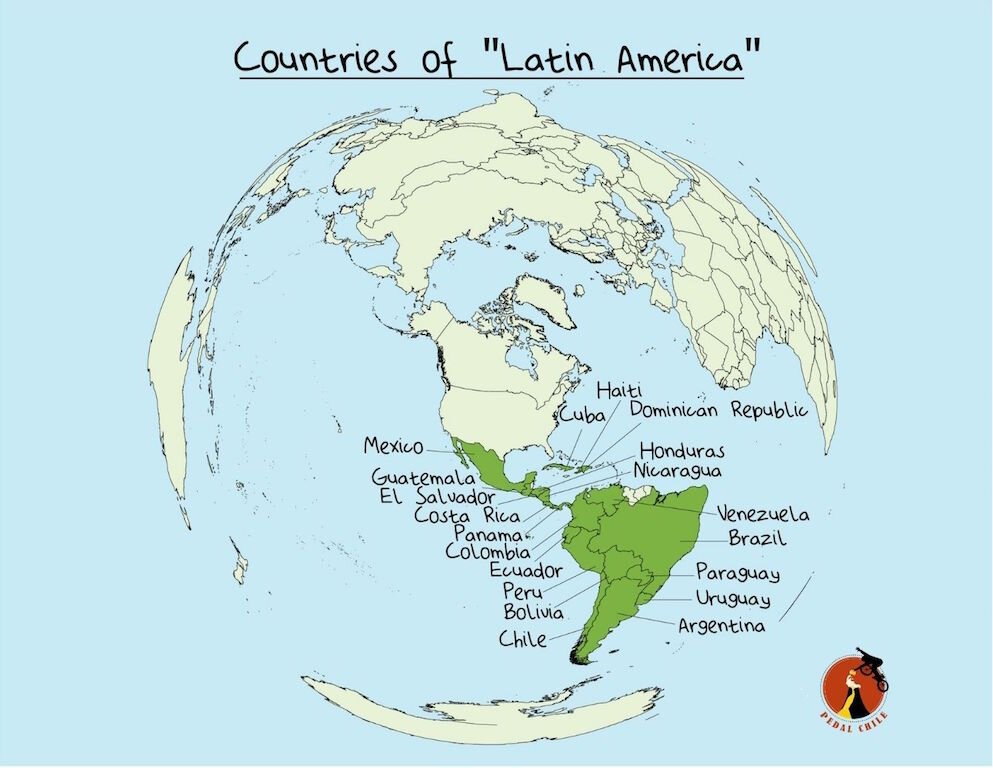Have you tried the keto diet? Atkins? Exercise? Going low carb? Eating 6 small meals a day? Or whatever else the “health gurus” recommend and still haven’t lost the extra weight?
If this describes you, then this article is for you.
Marketing Pseudoscience
At a minimum, 90% of what you see and hear in both the mainstream and alternative media, is marketing wrapped up in pseudoscience, all designed to get you to buy a product or service.
“Functional foods,” “whole grain,” “natural,” “superfoods,” and “organic” have been shoved down our throats as “healthy,” yet people continue to get fatter and sicker.
The marketing and propaganda machine has interwoven “science” with finance for so many years, that even many experts no longer can delineate between pseudoscience and fact.
A knowledgeable health coach can cut through the marketing lies and provide you with a blueprint that is both actionable and healthful.
Creating Healthy Habits
Willpower is temporary and conscious whereas habits are subconscious and routine. Bad habits are hard to break because they are subconscious. A gifted health/weight loss coach doesn’t hold you accountable because accountability is rooted in failed willpower. Erasing bad habits is only possible through the overriding of subconscious activity through the formation of stronger habits, which hopefully will be healthier.
Sustained weight loss and the maintenance of a healthy weight are easy and automatic once your brain is rewired to subconsciously make the healthy choice.
Fitness Trackers
In the 1960s, Dr. Yoshiro Hatano invented the pedometer. In Japan, the pedometer was called a manpo-kei, which means “10,000-step meter.” Dr. Yoshiro is noted for saying that the 10k steps were “ideal for marketing” the Manpo-Kei or pedometer.
Today, many people track their activity with various fitness/health apps, yet it has done nothing for weight loss or improved health. Big tech companies love these “wearables” as it gives them more personal data to mine and sell, as well as additional products to sell.
A 2016 study published in the Journal of the American Medical Association (JAMA) found that over two years, those who didn’t wear fitness trackers lost nearly twice as much weight as those who did.
A knowledgeable weight loss coach knows that it’s human nature to gamify fitness instead of creating healthy habits.
Motivation
Being highly motivated to lose weight is great, however, having the wrong kind of motivation is problematic. According to the Harvard School of Public Health:
“Research has shown that a person’s chance of becoming obese increases by 57% if a close friend is obese, 40% if a sibling is obese, and 37% if a spouse is obese.”
Being surround by overweight friends and family makes losing weight more challenging. Having a different voice and sounding board to focus your motivation in positive directions is paramount to weight loss success.
Miss-Information
If you think that to lose weight that you need to:
Quit drinking
Eat more fruits and vegetables
Exercise more
Eat less meat
Have zero fun
A calorie is a calorie
Energy in equals energy out
While these are all commonly accepted, they don’t really mean much nor lead to weight loss.
Fad Diets
Dieting is akin to a get rich quick scheme…neither work and both leave you worse off than before. If you have tried keto, Atkins, paleo, or veganism, for example, then you know what I mean.
Many people are rather religious in their failed diets. I have consulted with many severely obese individuals who insist on the merits of keto, yet are well over 100lbs overweight. Do these people believe keto helps them lose weight or do they like the fact that they can eat all the bacon, cheeses, sausages, and keto brownies they desire?
There are hundreds of diets that make you fatter and sicker, except for the creator who is lining their bank account from your desperate dollars
Probiotics
“This meta-analysis indicated that probiotics have limited efficacy in terms of decreasing body weight and BMI and were not effective for weight loss.”
We got prebiotics, probiotics, microbial diversity, and intestinal microbiota which are all “essential” to “gut health” and weight loss. However, the probiotic panacea is nothing more than marketing.
What do probiotics even mean? Most health “gurus” have no clue. A probiotic is defined as:
“Probiotics are live microorganisms, which when administered in adequate amounts, confer a health benefit on the host.”
This definition is of course rather vague and means nothing.
A 2009 study from Food Research International said it best:
“Ice-creams are food products showing great potential for use as vehicles for probiotic cultures, with the advantage of being foods consumed by all age groups.”
Clearly, we live in the “Information Age” when “science” says ice cream is a great vehicle for probiotics (I hope you detected the sarcasm).
Final Thought
Back to the original question. Should I hire a weight loss coach?
A knowledgeable weight loss coach understands the marketing machine of the 100-billion dollar a year weight loss business and is able to provide you with insights, advice, tips, secrets, and an actionable plan to success.
Jesse is the Director of Pedal Chile and lives in Valdivia, Chile, and Puerto Rico. Jesse has a Master of Science in Health & Human Performance and a Bachelor of Science in Kinesiology. Hobbies: Mountain biking, bicycle commuting, snowboarding, reading, weight-lifting, taster of craft beers, and researcher.
Contact Jesse with any questions
More articles from Pedal Chile
Sources and References
Cruz, A. G., Antunes, A. E. C., Sousa, A. L. O. P., Faria, J. A. F., & Saad, S. M. I. (2009). Ice-cream as a probiotic food carrier. Food Research International, 42(9), 1233–1239.
Harvard School of Public Health. “Friends, Family Can Influence Your Weight—for Good or Bad.” News, 8 Aug. 2014, www.hsph.harvard.edu/news/hsph-in-the-news/friends-and-family-can-influence-your-weight/.
Jakicic, J.M., Davis, K.K., Rogers, R.J., King, W.C., Marcus, M.D., Helsel, D., Rickman, A.D., Wahed, A.S. and Belle, S.H. (2016). Effect of Wearable Technology Combined With a Lifestyle Intervention on Long-term Weight Loss. JAMA, [online] 316(11), p.1161.
Park, Sunmin, and Ji-Hyun Bae. “Probiotics for Weight Loss: A Systematic Review and Meta-Analysis.” Nutrition Research, vol. 35, no. 7, July 2015, pp. 566–575.

















